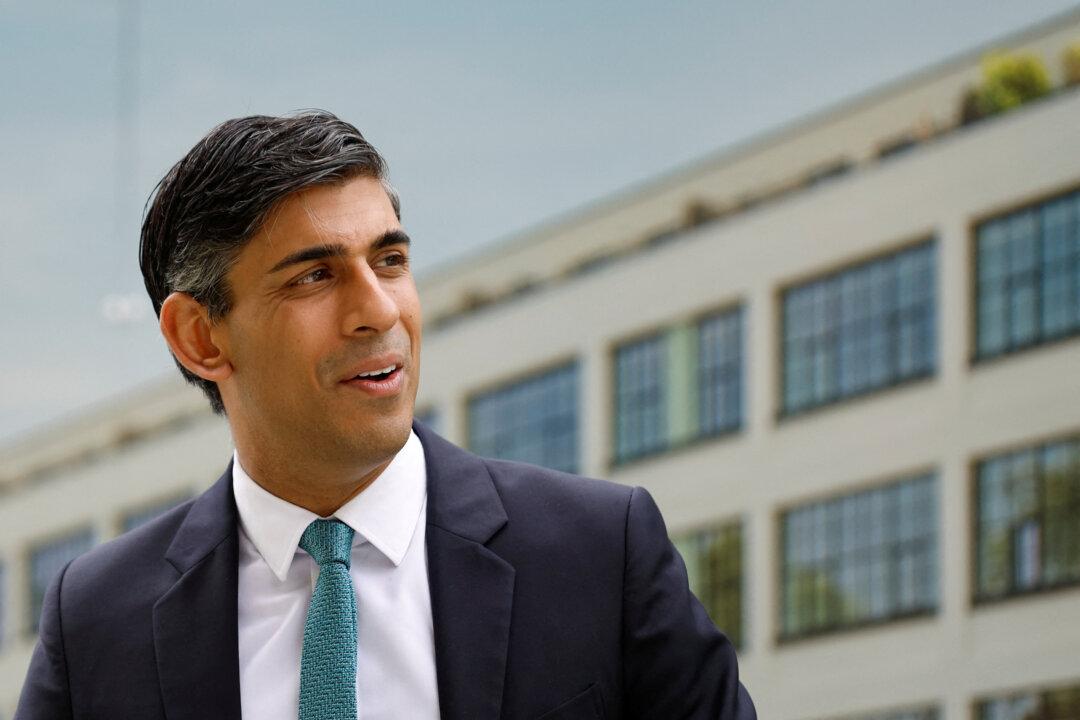Low Traffic Neighbourhoods (LTNs) across the country are currently under review, the Department for Transport (DfT) has confirmed on Sunday.
It comes after The Telegraph said Prime Minister Rishi Sunak ordered the review as part of his plan to take a “pragmatic and proportionate” approach to meeting the target of reaching net zero Greenhouse Gas (GHG) emissions in 2050.





